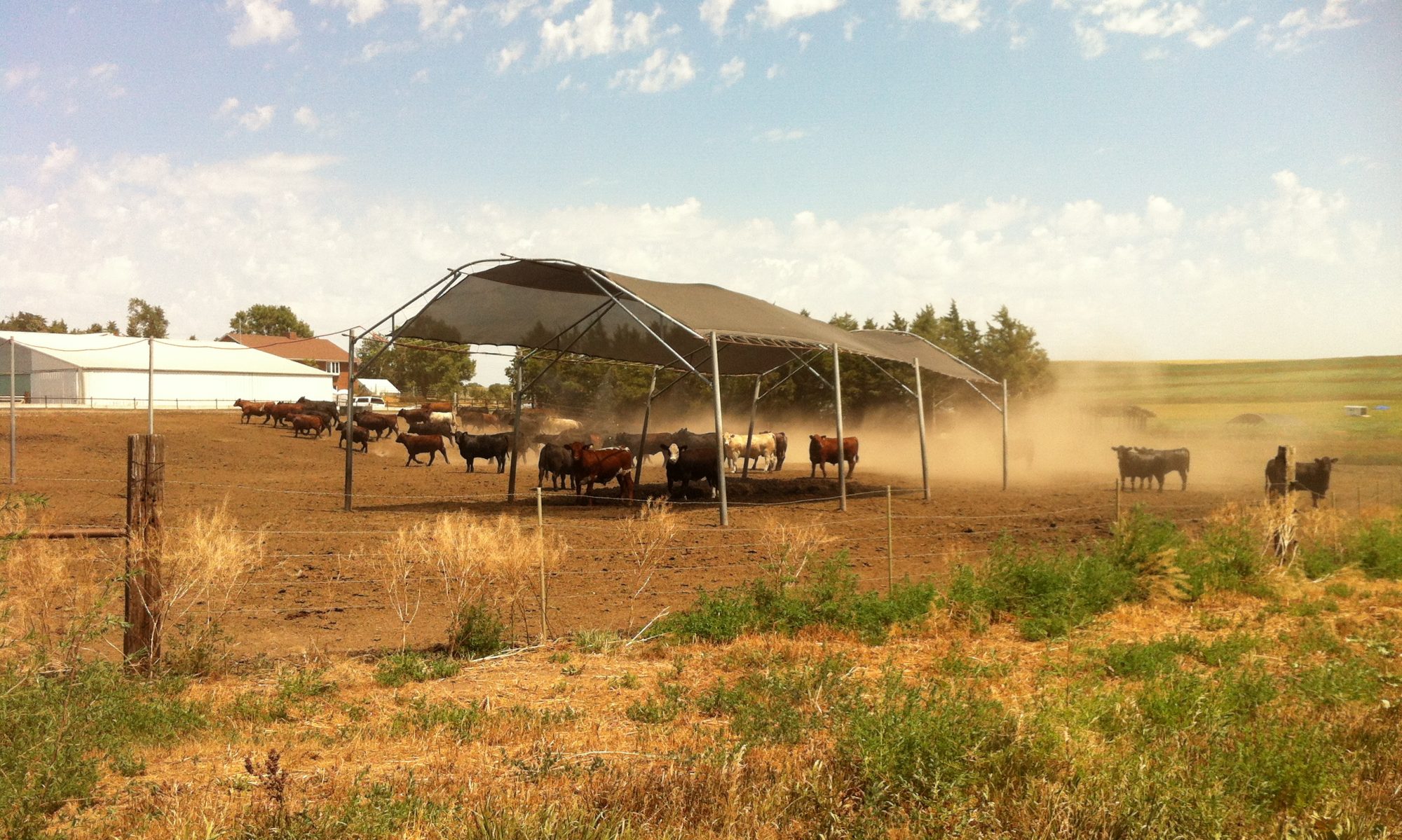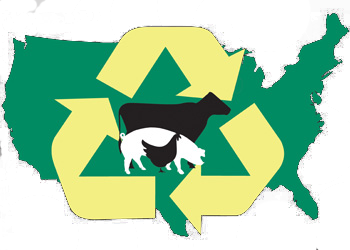![]() Waste to Worth home | More proceedings….
Waste to Worth home | More proceedings….
Abstract
In high yielding row crop intensive regions the role of swine manure as a crop nutrient source has increased in value, replacing the purchase of increasingly expensive commercial fertilizer by providing the nutrient needs of crops. Nutrients from manure are recycled to fertilize high yielding crops in an environmentally friendly, synergistic system.
Access to the value of the nutrients in manure has been a primary motivation for constructing swine facilities. However, as the energy cost of swine diets has increased, feeding programs have been dramatically changed. Changes in ingredients composition has changed from manipulations of dietary formulations. These changes can alter the nutrient composition of the resulting manure and thus the nutrient value of the manure as fertilizer. What does not occur is the consideration that owners/users of the manure composition and if changes need to be made in application rates for optimizing fertilizer rates for crops.
The swine nutritionist can reduce the nitrogen (N) level in manure by 40 or 50% or they can increase the N level by 76%. If the nitrogen produced by a pig is, for example worth $4 as a manure nutrient. The range in value will be from $2/head to $7/head depending on diet formulation. The broader analyses that producers should think about is comparing feed savings from diet manipulation to loss or gain of manure value from that manipulation. Case studies that will be discussed include low protein synthetic amino acid addition, phytase addition, and feeding DDGS.
Information will be presented that will compare feed cost savings from common diet manipulation strategies to the change in the nutrient value of the manure because of the diet manipulation. We are developing a simple spreadsheet to help understand the economics on a holistic operation basis, that we plan to make available to workshop participants.

Why Look At the Value of Manure Nutrients When Formulating Pig Rations?
Producers in Iowa entering the pig business by constructing a contract barn are often influenced by the potential value of manure from that facility. There is interest in saving the expense of commercial fertilizer. Most of these producers, especially those that are row crop oriented with limited swine experience, don’t realize that swine diet formulation will change the manure value.
In Iowa at the farm level nutrients in manure are highly valued for commercial fertilizer replacement, crop and swine production systems are symbiotic. Crops feed the livestock and manure from the livestock is used as fertilizer for crops. Therefore, in Iowa manure has typically been highly regarded for its fertilizer value.
However, the manure can be dramatically changed by diet formulation and thereby the nutrient content of the principle fertilizer components, Nitrogen (N) and Phosphorus (P). Thus the value of the manure used for fertilizer changes as well.
Contract growers should realize that the value of the manure can be dramatically changed by diet formulation, and that usually the lower cost diet results in less value in the manure nutrients. Also, that it is possible that the value of the nutrients for the crop is actually less than the cost to haul. Therefore, the purpose of this talk is to discuss the whole farm financial and environmental impact of formulating a change in the swine diet compared to the change in the level of nutrients in swine manure.
We want producers to be aware of the value of swine manure for various reasons. A common problem in the field is that manure is spread on the field adjacent to the facility, therefore soil P levels typically are increased to the upper levels of very high soil test leading to potential pollution problems. If the concentration of nutrients is increased through diet formulation the extra value would make it more likely to economically haul the manure to a low testing, more environmentally friendly field. The reason swine producers have not understood that diet formulation changes nutrient density is because large differences in water management/wastage have hidden the diet formulation changes. Therefore, measuring manure yield per pig using a manure test is an important management tool not yet utilized by producers.
What Did We Do?
We built a spreadsheet to compare the feed savings from diet formulation to the value of nutrients in the manure. Additionally, Dr Matt Swantek developed a feeding model to predict the feed cost and manure nutrient changes on a per pig basis so swine producers will be able to see and understand the concept.
What Have We Learned?
With diet formulation, the value of the swine manure will vary greatly. In the model we used, given the price assumptions the value of manure ranged from $41.52 to $84.77 per 1000 gallons. The range is more than $5.00 per head. This is 2.5 times more than the standard labor cost of about $2.00 per head. It is desirable environmentally to transport to low P soil test fields rather than over application of nutrients in the field next to the facility, higher nutrient value per gallon is more economically feasible to transport. Water wastage causes wide variation in manure test results and masks the diet formulation differences that are important to the producer. With diet formulation and water wastage it is possible to decrease to value of the manure below the cost of application. Measuring nutrient yield per pig is important to know. It can be determined calculating the gallon of manure produced per pig, the number of pigs per 1000 gallon and then calculating each pig’s nutrient (NPK) contribution based on the manure test pound of nutrient per 1000 gallon.
Future Plans
We plan to hold educational workshops regarding this topic and make the spreadsheet tool available on line to help producers understand these concepts
Authors
David Stender, Iowa State University Extension Swine Field Specialist dstender@iastate.edu
Dr Matt Swantek, Iowa State University Extension Swine Field Specialist
Additional Information
Call or email Dave Stender at dstender@iastate.edu or 712 261 0225 or Matt Swantek at mswantek@iastate.edu or visit the Iowa Pork Industry Center web page (the decision aid tool will be posted there when it is completed: http://www.ipic.iastate.edu/
The authors are solely responsible for the content of these proceedings. The technical information does not necessarily reflect the official position of the sponsoring agencies or institutions represented by planning committee members, and inclusion and distribution herein does not constitute an endorsement of views expressed by the same. Printed materials included herein are not refereed publications. Citations should appear as follows. EXAMPLE: Authors. 2013. Title of presentation. Waste to Worth: Spreading Science and Solutions. Denver, CO. April 1-5, 2013. URL of this page. Accessed on: today’s date.

